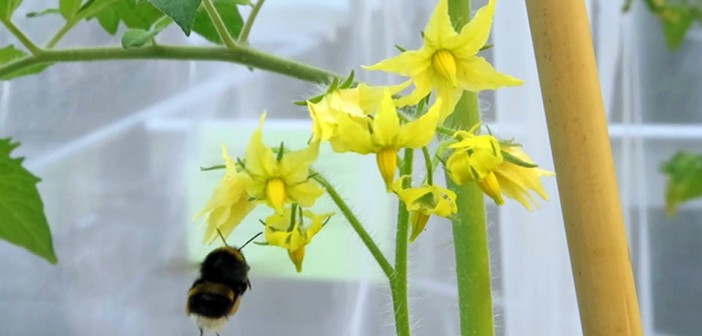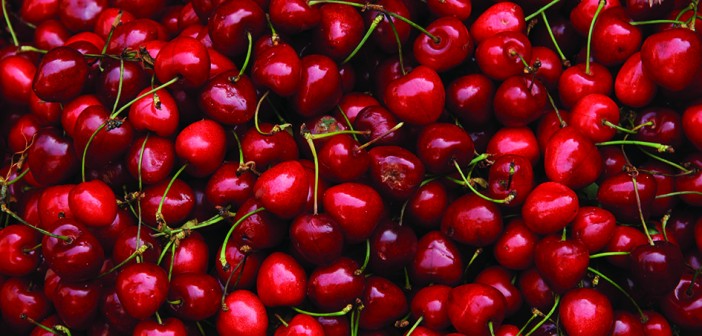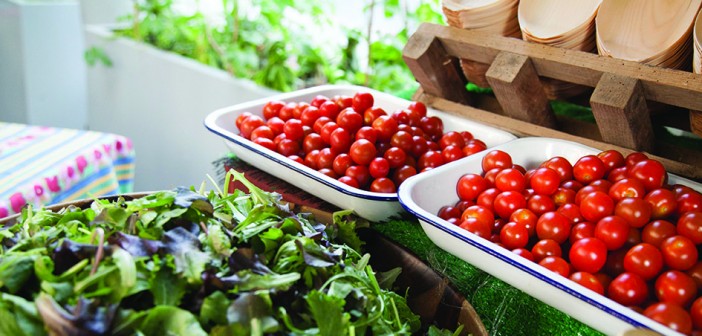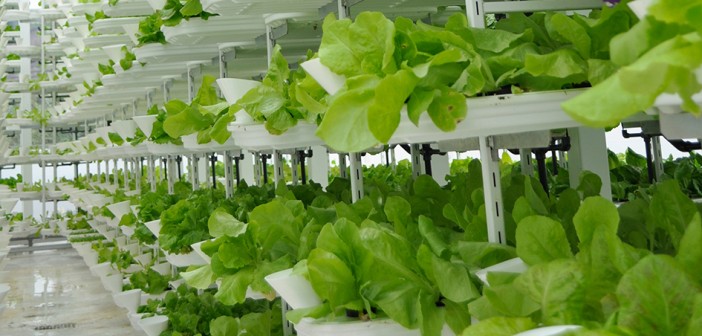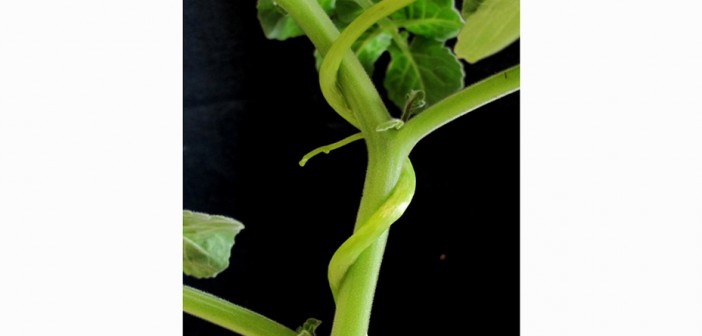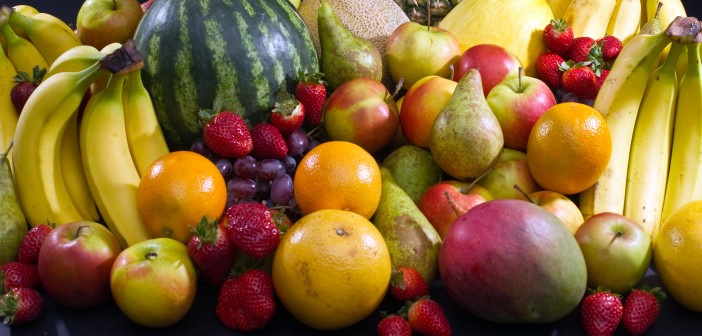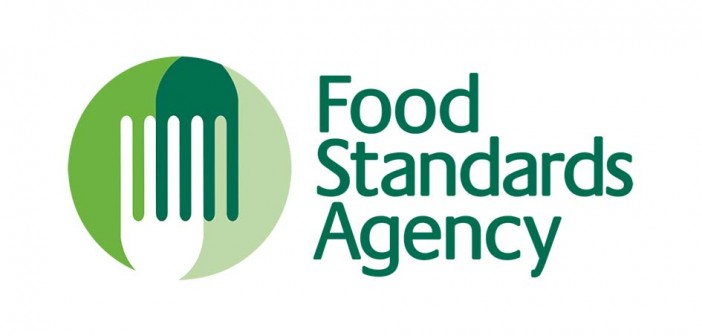White cabbage and Chinese cabbage have a lot in common despite the fact that two crops originate from two different Brassica species used and domesticated by farmers on two different continents.
Together with scientists from the Chinese Academy of Agricultural Sciences, Wageningen UR scientists have explained how it is possible that these two Brassica varieties at two very different global locations developed into so many diverse, but often very similar crops.
While the domestication of a crop is a long and complex process, there are rare examples in history of something called convergent domestication, in which a similar type of crop develops in different places and at different times. According to Guusje Bonnema, plant breeding scientist at Wageningen UR and one of the authors of the article in Nature Genetics, the cabbage crops we have in Europe and Asia are a fine example of this process. “These two Brassica species were apparently both relatively easy to domesticate, sometimes into crops that are very alike, such as heading cabbages and turnips and kohlrabies. There are Brassica crops in both Europe and Asia which are cultivated for their floral organs, like cauliflower, broccoli, broccoletto and caixin,” she said.
“Because a cabbage contains three copies of a specific gene, one copy can develop a mutation which makes the leaves fold, for instance, while other copies retain their original function.”
This research is the first proof that genome triplication increases the opportunity for diversity and convergent domestication of the two Brassica varieties. “It provides a fascinating insight into how domestication works and creates opportunities for domesticating new crops,” says Bonnema. Moreover, by giving a greater insight into how the underlying genes work, breeders can cultivate the perfect cabbage cultivar.
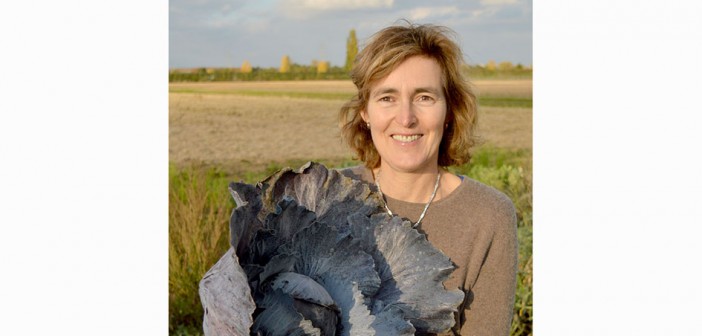
Photo Caption: Guusje Bonnema, associate professor Wageningen University
Photo Credit: Wageningen UR
The post Research casts light on cabbage differences appeared first on Hort News.

